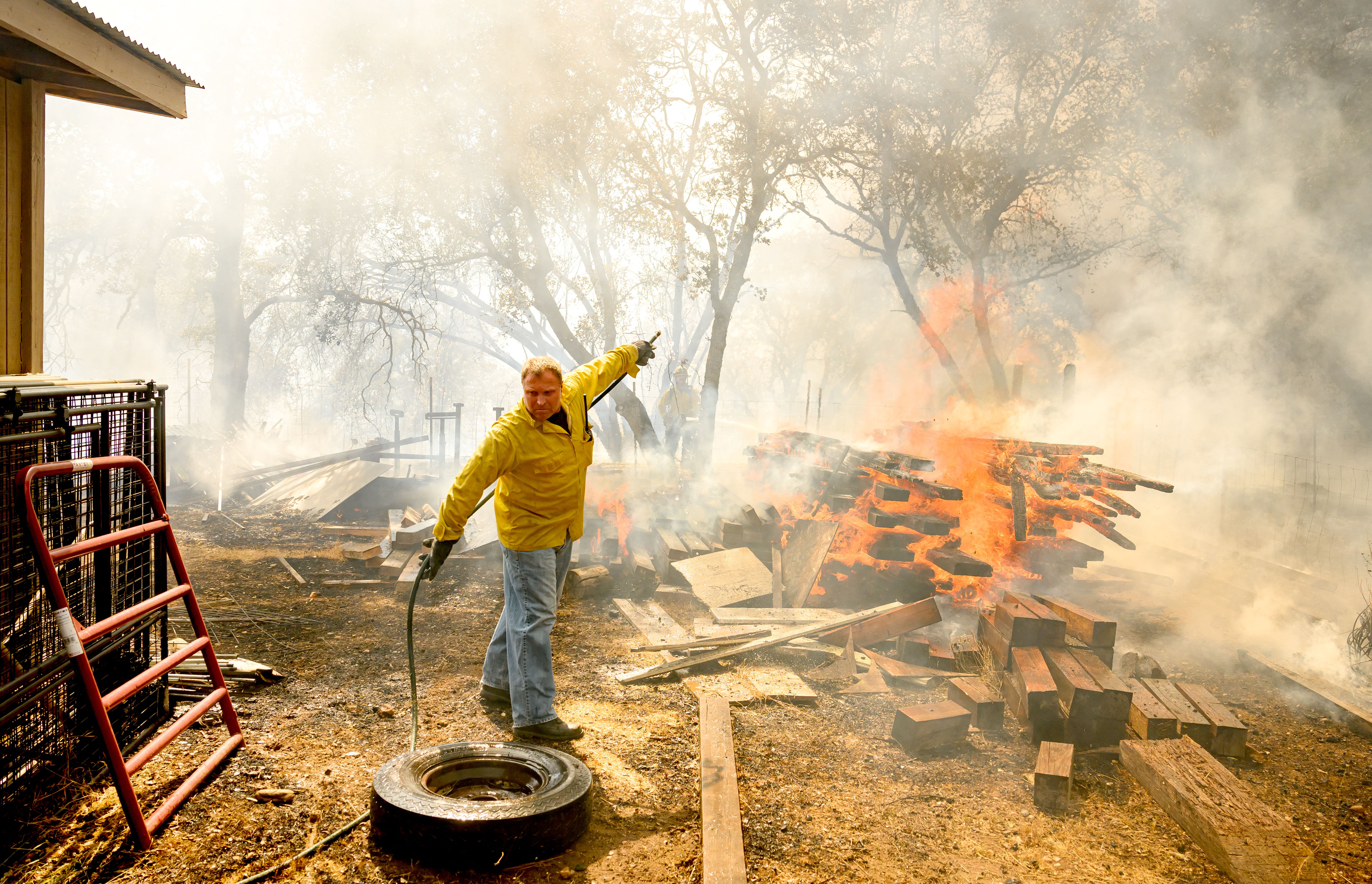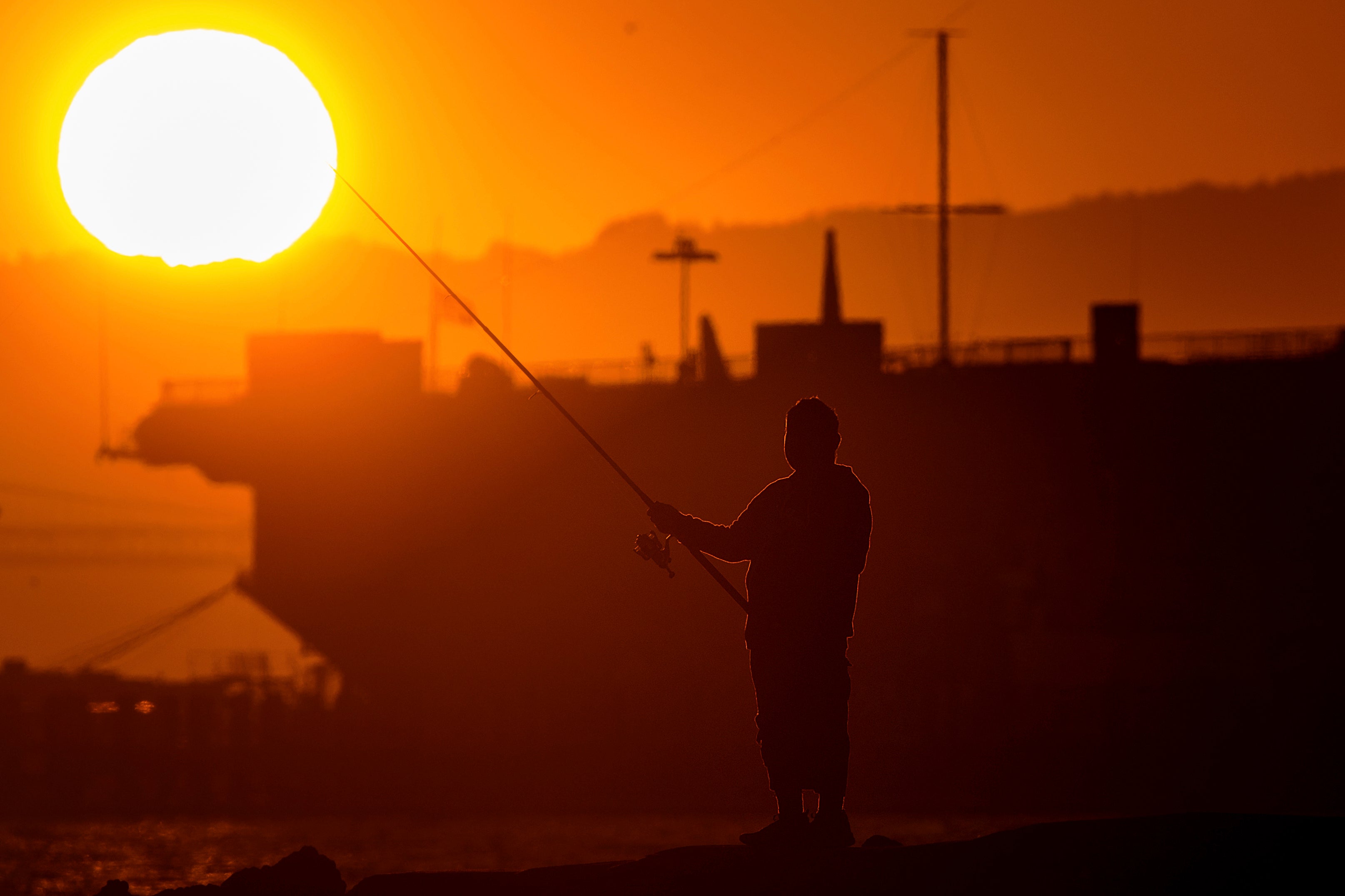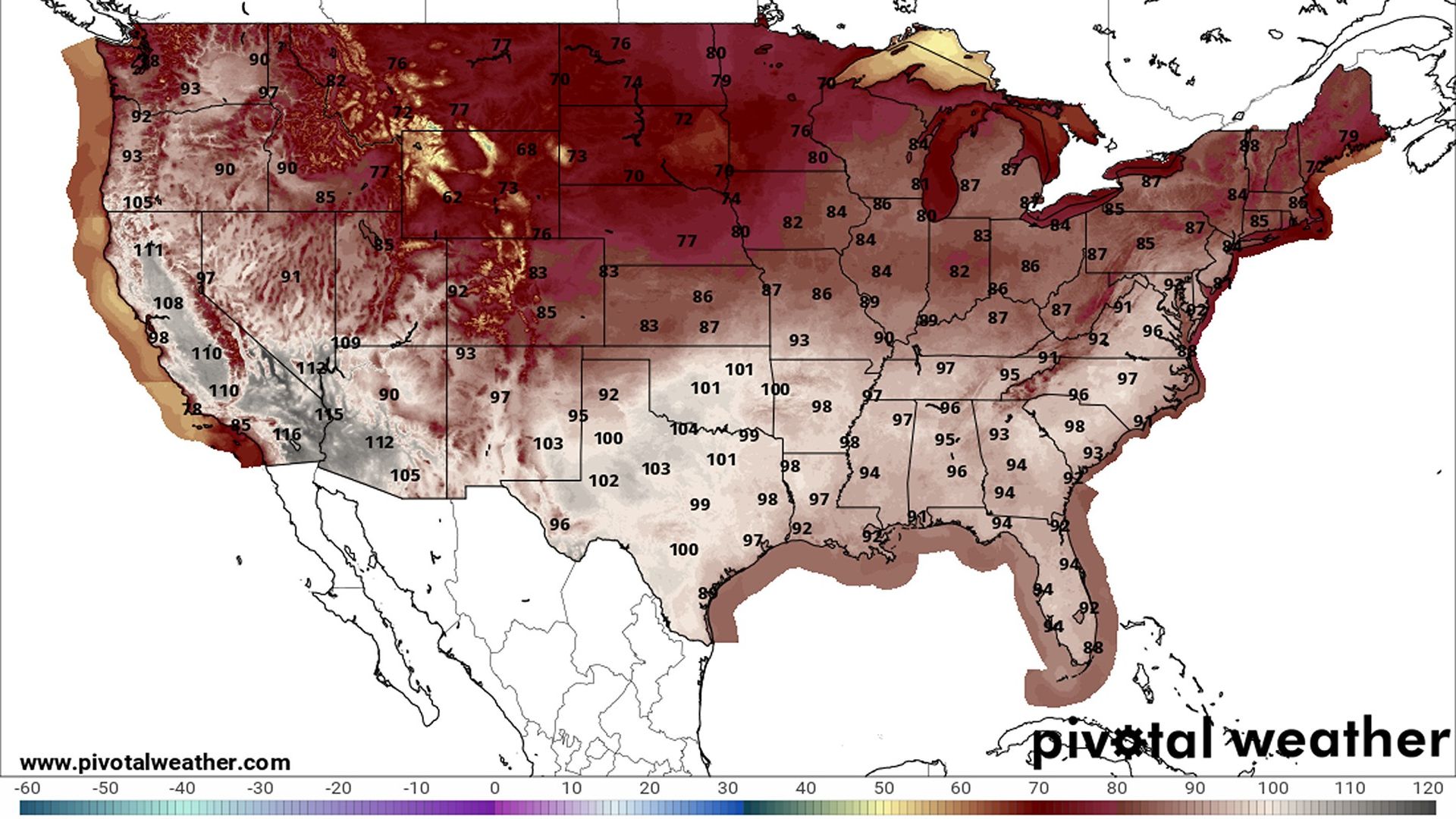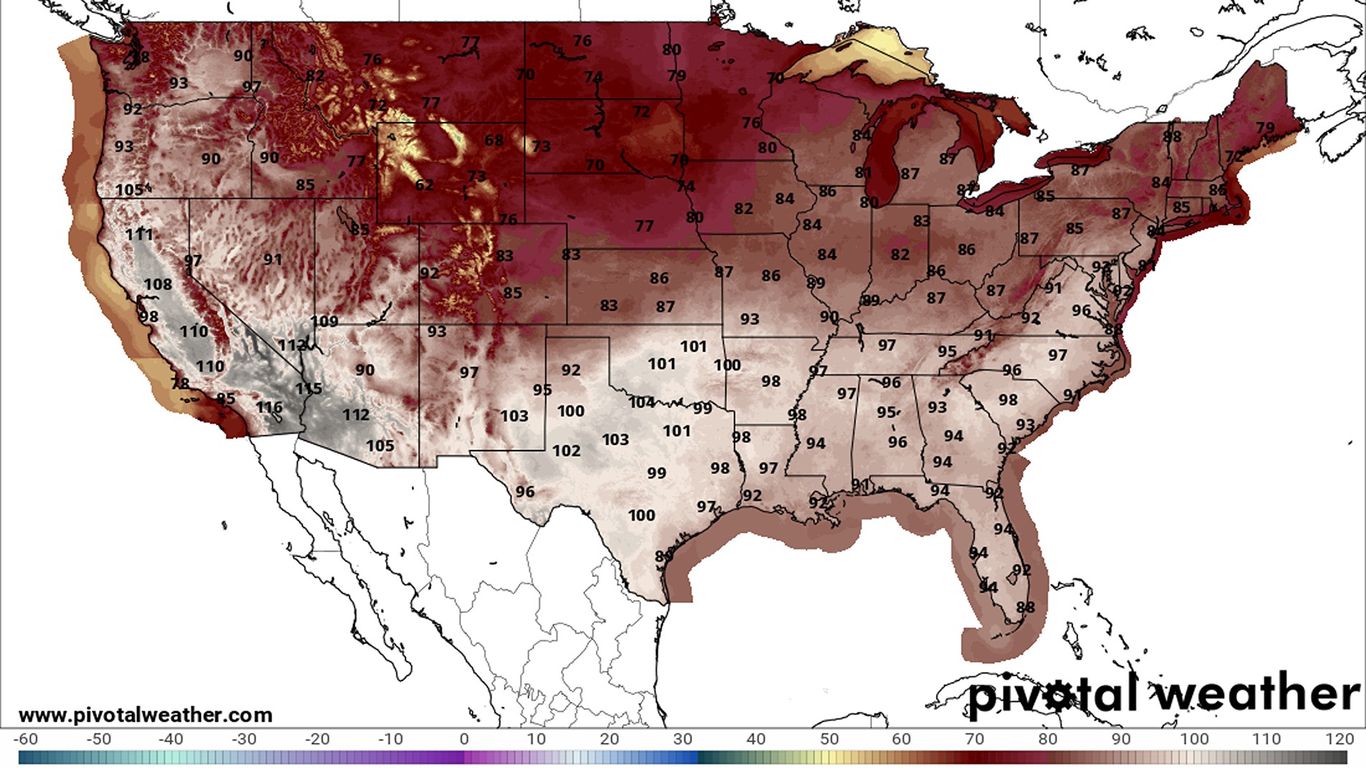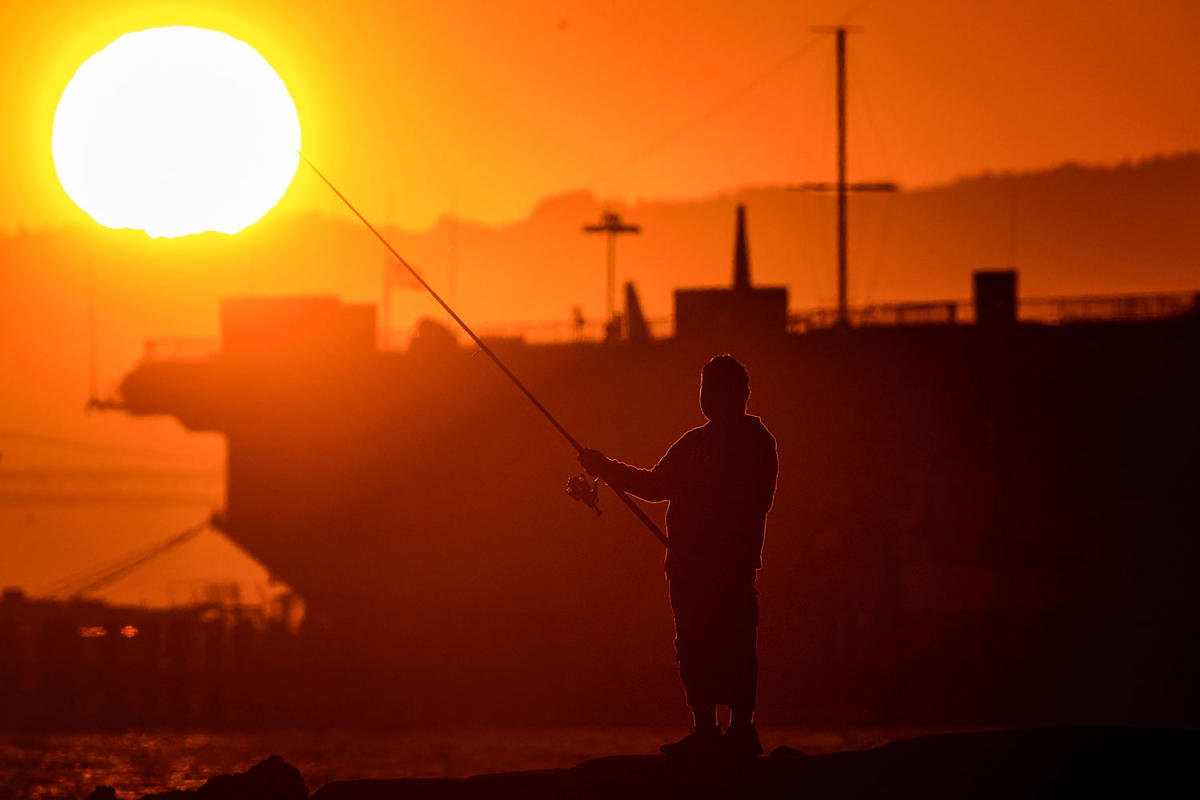
Heat alerts have been issued for nearly 150 million people across 21 states in the United States as triple-digit temperatures are expected during the July Fourth holiday weekend. The National Weather Service (NWS) has warned of potentially historic and deadly heat events, with temperatures reaching up to 115 degrees in some areas.
Several daily heat records have already been broken across the West, including in California cities such as Livermore and San Rafael, which hit all-time highs of 100 and 110 degrees respectively on Wednesday. Excessive heat warnings are in effect for much of California, southern Nevada, parts of Arizona, Washington and Oregon.
The NWS Bay Area office has warned that an exceptionally dangerous situation is underway with potentially historic and deadly heat event in the San Francisco Bay Area. The excessive heat could last six to 12 days in the Bay Area, making it the longest stretch of extreme temperatures experienced there in at least 18 years.
Los Angeles has issued an excessive heat warning, with temperatures expected to climb to 106 degrees for many days in a row. Oregon Gov. Tina Kotek has warned state agencies to open cooling centers due to expected near record-level temperatures this weekend.
Seattle is forecasted to hit highs in the 90s, peaking Sunday. Little Rock officially hit 100 degrees for the first time this year on Wednesday, and Phoenix reached a high of 113 degrees on Wednesday, marking the 16th day in a row with temperatures at or above 110.
Heat is the No. 1 weather-related cause of death in the US. An exceptionally dangerous situation is underway with potentially historic and deadly heat event in many parts of the country.
It's important to note that excessive heat can lead to a range of health issues, including dehydration, heat exhaustion, and even heat stroke. Staying hydrated and avoiding prolonged exposure to the sun are essential during extreme heat events.
The NWS has also issued red flag warnings in several areas due to the risk of wildfires. The combination of high temperatures and low humidity can make it difficult for fires to be contained, so it's important to take precautions such as avoiding outdoor activities in dry conditions and ensuring that campfires are fully extinguished before leaving the campsite.
Stay tuned for more updates on this developing story.
